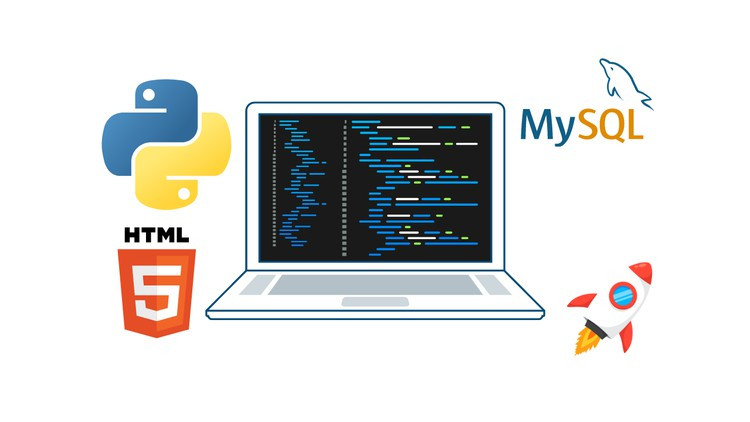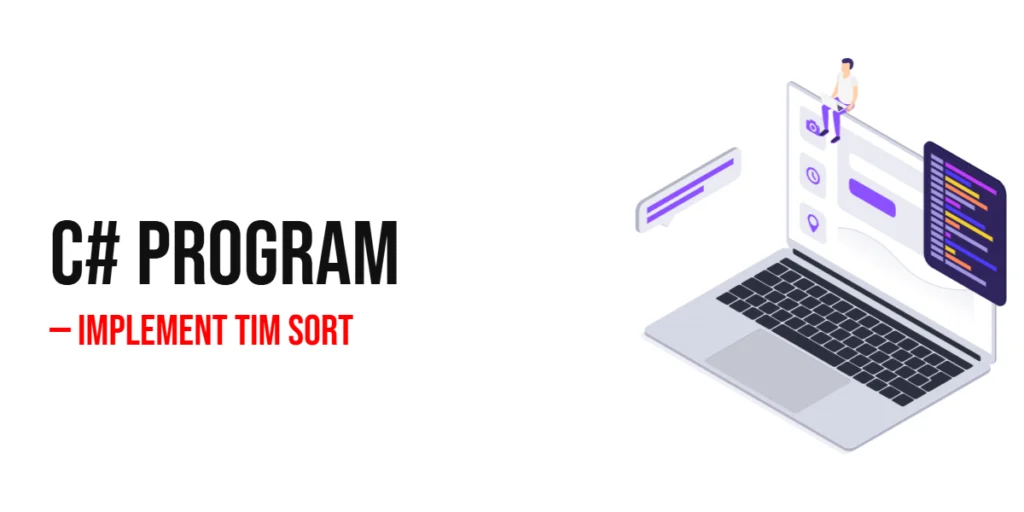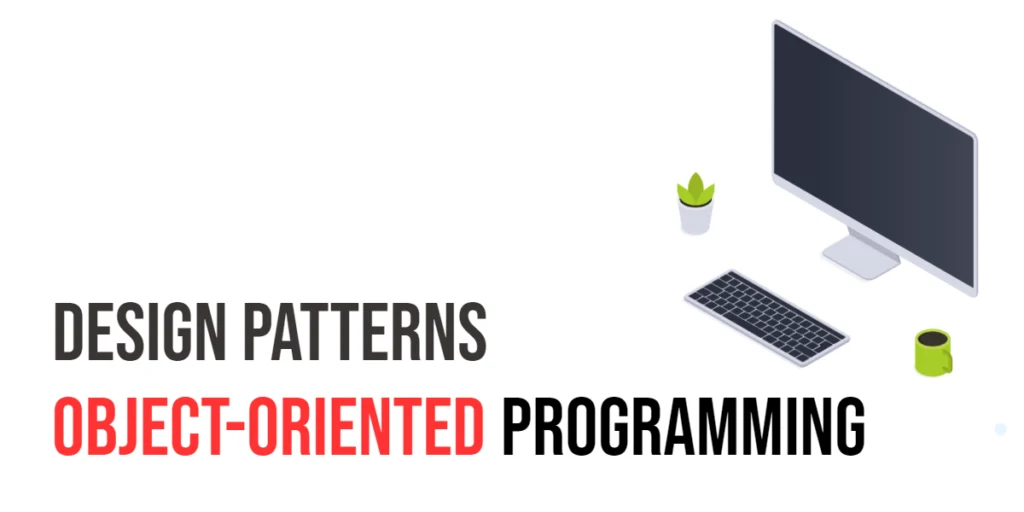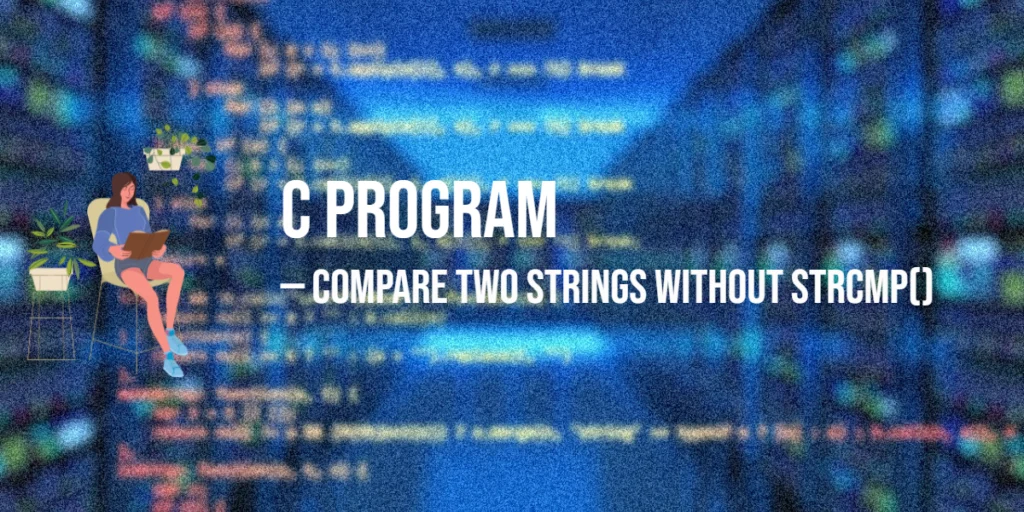Simple interest is a basic concept in finance and mathematics. In programming, calculating simple interest is a common exercise for beginners to practice arithmetic operations, variable usage, and input/output handling. A simple interest calculation helps you understand how to work with formulas and store results in variables in C.
The formula for simple interest is:
Simple Interest = (Principal × Rate × Time) / 100
Where Principal is the amount of money borrowed or invested, Rate is the interest rate per year, and Time is the number of years the money is borrowed or invested. By writing a C program for this calculation, you can automate the process of finding interest for any given set of values.
C Program to Calculate Simple Interest
Below is a simple program that calculates simple interest based on user input.
#include <stdio.h>
int main() {
float principal, rate, time, interest;
printf("Enter principal amount: ");
scanf("%f", &principal);
printf("Enter annual interest rate (in percentage): ");
scanf("%f", &rate);
printf("Enter time in years: ");
scanf("%f", &time);
interest = (principal * rate * time) / 100;
printf("Simple Interest = %.2f\n", interest);
return 0;
}In this program, we declare four float variables: principal, rate, time, and interest. Using printf(), we prompt the user to enter the principal amount, annual interest rate, and time in years. The scanf() function reads these inputs. We then calculate the simple interest using the formula (principal * rate * time) / 100 and store the result in the interest variable. Finally, we display the calculated interest using printf().
Using a Function for Calculation
To make the program modular, we can define a function that calculates simple interest. This approach allows reusing the calculation multiple times.
#include <stdio.h>
float calculateInterest(float principal, float rate, float time) {
return (principal * rate * time) / 100;
}
int main() {
float principal, rate, time;
printf("Enter principal amount: ");
scanf("%f", &principal);
printf("Enter annual interest rate (in percentage): ");
scanf("%f", &rate);
printf("Enter time in years: ");
scanf("%f", &time);
float interest = calculateInterest(principal, rate, time);
printf("Simple Interest = %.2f\n", interest);
return 0;
}In this version, the calculateInterest() function takes three float parameters: principal, rate, and time. It returns the calculated interest. Using a function improves readability, reduces repetition, and introduces modular programming in C.
Common Beginner Mistakes
When calculating simple interest in C, beginners often make these mistakes:
- Using
intvariables instead offloatordouble, which can truncate decimal values and give inaccurate results. - Forgetting to divide by 100 in the formula, leading to incorrect interest calculations. Make sure to use the correct formula: interest = (principal * rate * time) / 100.
To avoid these errors, always choose an appropriate data type for decimal calculations and apply the formula correctly.
FAQs
Q1: Can this program handle fractional years or rates?
Yes, using float allows you to input decimal values for time or interest rate, giving precise results.
Q2: How can I calculate the total amount after interest?
You can add the interest to the principal: totalAmount = principal + interest;
Q3: Can this program be modified for compound interest?
Yes, compound interest requires a different formula and often uses the pow() function from math.h for exponentiation.
Conclusion
Calculating simple interest in C is a practical example for beginners to understand arithmetic operations, variables, input/output handling, and basic program structure. By writing this program, you gain confidence in using formulas in C and can expand your knowledge to more complex financial calculations. Try modifying the program to handle multiple interest calculations or to include total amount calculation to strengthen your programming skills.
References & Additional Resources
- Kernighan, Brian W., and Dennis M. Ritchie. The C Programming Language. 2nd Edition, Prentice Hall, 1988.
- GeeksforGeeks: Simple Interest Program in C – Example with explanation.
- Programiz: C Functions – Learn how to create reusable functions in C.
- TutorialsPoint: C Input/Output – Basics of
scanf()andprintf()in C.







